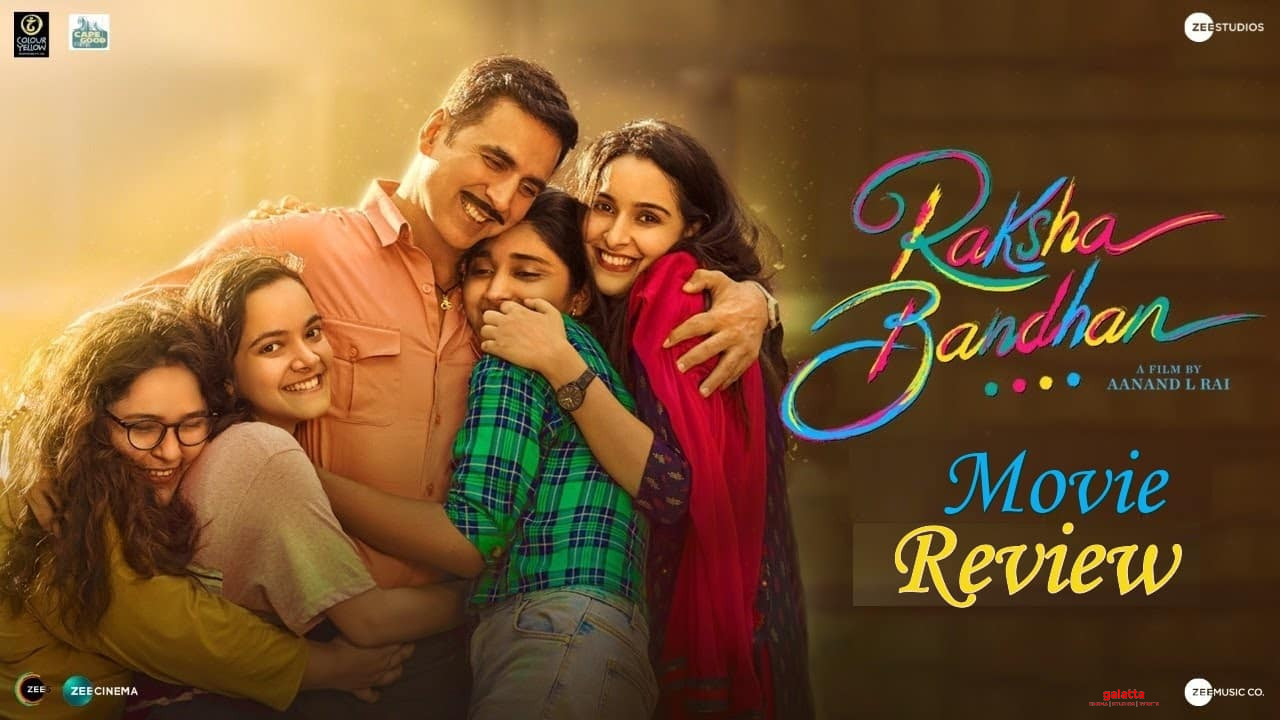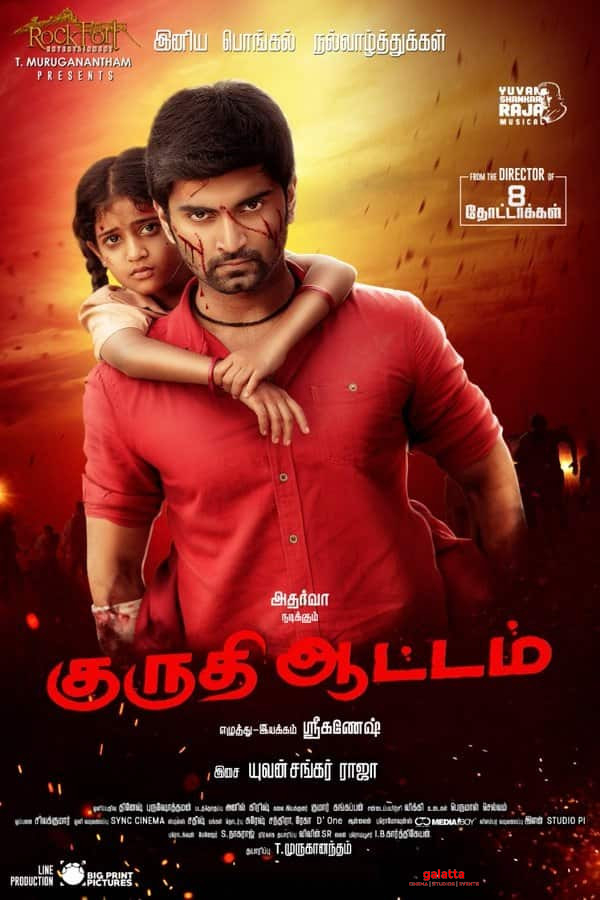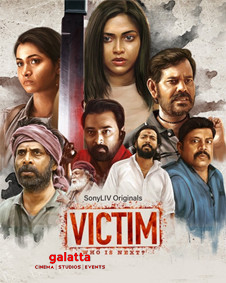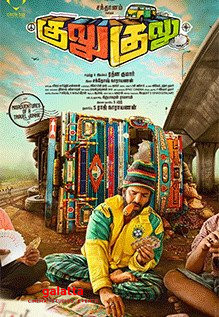Raksha Bandhan Movie Review (2022)
Aanand L Rai's 'Raksha Bandhan', with Akshay Kumar and Bhumi Pednekar, is an anti-dowry drama that's more fascinating in theory than on the big screen

Raksha Bandhan Movie Cast & Crew
You know that PSA where a man named Nandu is smoking outside a hospital and Akshay Kumar comes by on a cycle? Nandu's wife has "auraton wali beemari", a menstrual complication. And Akshay says that if he spent the cigarette money on sanitary pads, it's two benefits for the price of one: Nandu will save his lungs and his wife will not have to come to the hospital anymore. Aanand L Rai's Raksha Bandhan is like a feature-length version of that PSA – and I don't mean this as an insult. Message movies are their own little subgenre, and if this film were a placard, it would have the words, "Beti padhao, dahej hatao." It's two benefits for the price of one: Educate the girl child and also abolish dowry.
From K Bhagyaraj's 1980s Tamil drama Dhavani Kanavugal to Sunil Dutt's Yeh Aag Kab Bujhegi in the 1990s, the issue of dowry has been addressed in various ways: the former went for a comic-dramatic treatment, while the latter was a revenge saga. But Aanand L Rai's flavour is different. The most important words in Raksha Bandhan are not the ones in the screenplay by Himanshu Sharma and Kanika Dhillon. It's the text we get before the movie begins, which I am paraphrasing: "Thank you Rajshri Films and Sooraj Barjatya for keeping Indian traditions and values alive." So yes, we get a story about the great Indian family – Akshay Kumar and his four unwed sisters – but unlike the films from Rajshri, it's not all sweetness and decency.
Aanand L Rai's biggest legacy may be the borderline-obnoxious leading man (or leading lady), who is a Brahmin and from a small-town or a place with the mentality of a small town. Kedarnath – that's the Akshay Kumar character – loves his sisters, and there's a twist that tells us exactly how much he loves them. All this is from the Sooraj Barjatya universe, sure. But Kedarnath also insults his siblings. One sister is overweight. One is dark-complexioned. One is a tomboy, who is not "feminine". The sister he seems to love the most is the one who's fair and lovely and slim and womanly to the core. All this is pure Aanand L Rai. And get this. Kedarnath runs a chaat shop, where pregnant women line up because his golgappa-s apparently have the power to produce male children.
Some of the writing is unimaginably good, like the farcical scene where some kind of auction happens over the dowry amount offered. And there's also this delicious irony about the golgappa-s. The male children they are supposed to produce grow up to be men who demand dowries. So Kedarnath is perpetuating the practice not just by submitting to the dowry system to marry off his sisters, but also by creating a new generation of dowry-demanding men. All the sisters are named after goddesses, but what's the point? That is what Sanal Kumar Sasidharan asked in S Durga. There are men who worship female goddesses. And there are men who harass a woman named after a female goddess.
Similarly, Kedarnath is filled with fascinating contradictions. He is desperate for grooms for his sisters. At one point, he hears that a groom is available and he doesn't even bother to ask about him. There's a man for his pet sister. That is all that matters. And yet, like many Indians, he does not want men with "defects", like a stammer. It does not occur to him that his own sisters – the overweight one, the dark one – could be seen as "defective", as we saw in Sooraj Barjatya's Vivah. This is a very human and extremely flawed character, and Akshay plays him with just the right amount of hysterical energy. I laughed out loud at a joke he makes about an "apaahij batak", a handicapped duck. It's right in his zone. The script attempts to get some brownie points by having, for example, the overweight sister say she is comfortable with her body – but this token wokeness is a misfit in a film so gleefully, so unapologetically non-woke.
And also tonally all over the place, from full-on farce to full-on melodrama to a full-on PSA about how self-respect and education matter more than marriage. So why don't all these interesting choices lead to a consistently interesting movie? Because the sisters are given no space to establish themselves as characters we care about. This sort of film can work only if we care about their marriage as much as Kedarnath cares – and that does not happen. And when tragedy strikes, how can we mourn for a character who has no more depth than a caricature? Seema Pahwa has a bit of fun as a matchmaker. She, too, disappears after a bit. The running time is a mere 110 minutes. Why not add more scenes for all these women, and make us root for them? Or at least, get to know them beyond their physical traits?
Apart from Kedarnath, the one character written with some texture is his longtime girlfriend, Sapna, very nicely played by Bhumi Pednekar. She bears the brunt of his self-obsession of getting his sisters married off. She cannot understand why this man can understand his sisters' pain but not her own, waiting and waiting and waiting for him. She is not able to see why he excludes her from his family. And she ends up becoming the only woman we really feel for. Raksha Bandhan is a curious movie, more admirable for what it wants to do than what it ends up doing. To many youngsters, this film will seem utterly old-fashioned – and yet, it's not easy to dismiss the subversions of those older films of this kind. Raksha Bandhan satirises the hypocrisies of Indians but it also has deeply melodramatic passages that dampen the satire. But one thing is undeniable. At least in theory, it is fun to imagine the Sooraj Barjatya universe being invaded by Aanand L Rai's sensibility. The second half did not work for me at all, but I was always curious about what turn the film would take next. That's something this director and his writers always deliver on.
About Author

Baradwaj Rangan
National Award-winning film critic Baradwaj Rangan, former deputy editor of The Hindu and senior editor of Film Companion, has carved a niche for himself over the years as a powerful voice in cinema, especially the Tamil film industry, with his reviews of films. While he was pursuing his chemical engineering degree, he was fascinated with the writing and analysis of world cinema by American critics. Baradwaj completed his Master’s degree in Advertising and Public Relations through scholarship. His first review was for the Hindi film Dum, published on January 30, 2003, in the Madras Plus supplement of The Economic Times. He then started critiquing Tamil films in 2014 and did a review on the film Subramaniapuram, while also debuting as a writer in the unreleased rom-com Kadhal 2 Kalyanam. Furthermore, Baradwaj has authored two books - Conversations with Mani Ratnam, 2012, and A Journey Through Indian Cinema, 2014. In 2017, he joined Film Companion South and continued to show his prowess in critiquing for the next five years garnering a wide viewership and a fan following of his own before announcing to be a part of Galatta Media in March 2022.
























